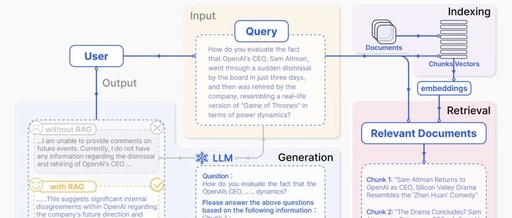Quick Understanding of Generative AI
Recommendation This article introduces the book “Generative AI in Action“, published by O’Reilly in 2024, authored by Amit Bahree from Microsoft. The book mainly covers knowledge related to generative AI, including LLMs, prompt engineering, model fine-tuning, RAG, vector databases, etc. The author provides numerous code examples, guiding readers into the world of generative AI through … Read more









